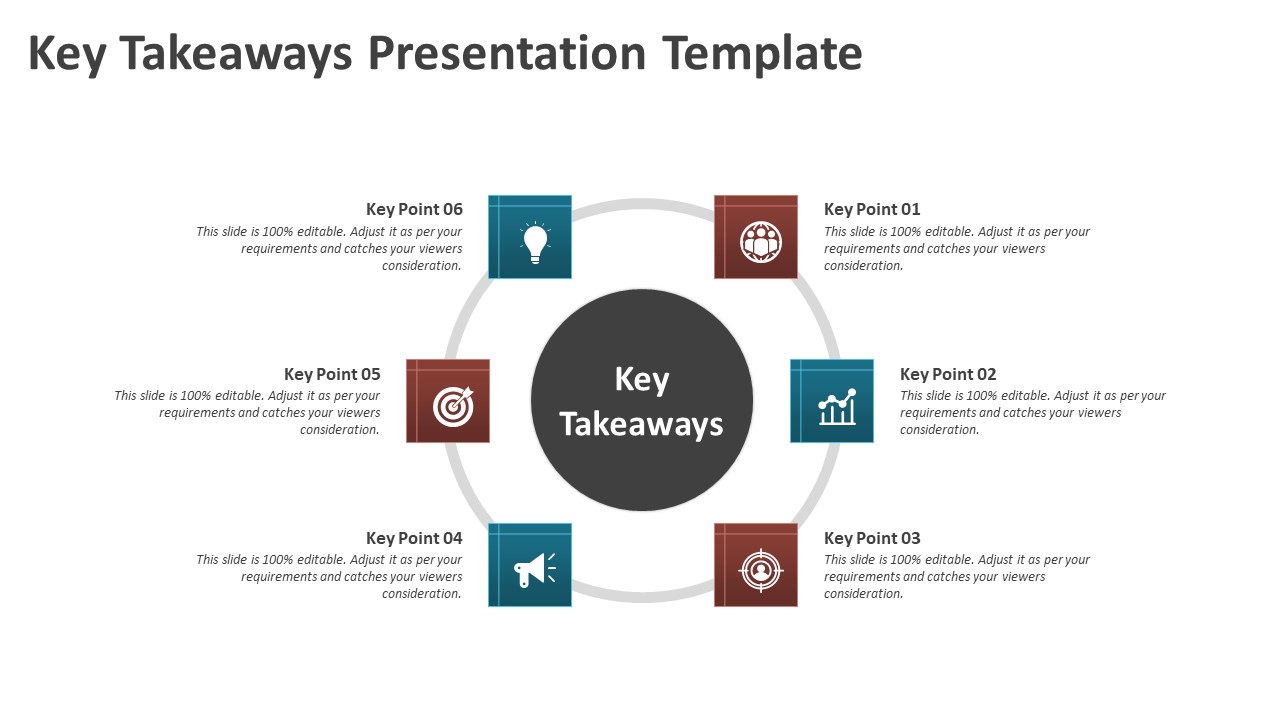When Algorithms Radicalize: Assigning Blame In Mass Shootings

Table of Contents
The Role of Algorithms in Online Radicalization
The digital landscape, shaped by sophisticated algorithms, plays a significant role in fostering online radicalization. Understanding this role is crucial to addressing the problem effectively.
Echo Chambers and Filter Bubbles
Social media algorithms, designed to maximize engagement, often create echo chambers and filter bubbles. These personalized information streams reinforce pre-existing beliefs, limiting exposure to diverse perspectives and promoting ideological homogeneity.
- Examples of algorithms: Facebook's News Feed, YouTube's recommendation system, Twitter's timeline algorithm all employ sophisticated techniques to personalize content.
- Personalization and radicalization: This personalization, while seemingly innocuous, can lead users down rabbit holes of extremist content, steadily reinforcing radical viewpoints and fostering a sense of belonging within online extremist communities. The algorithm's bias towards engagement means that inflammatory content, often designed to provoke strong reactions, gets prioritized, further exacerbating the issue of algorithm bias. The echo chamber effect and filter bubble limit exposure to counter-narratives, making it increasingly difficult for individuals to critically evaluate their beliefs.
Recommendation Systems and Extremist Content
Recommendation systems, designed to suggest relevant content, can inadvertently promote extremist material. These systems often operate on user engagement data, inadvertently rewarding inflammatory and divisive content with increased visibility.
- How recommendation systems work: These systems analyze user behavior (viewing history, likes, shares, etc.) to predict what content they might find engaging.
- Leading users to extremism: This can lead users to extremist groups and ideologies, often without their conscious awareness. A user initially searching for seemingly innocuous information might find themselves exposed to increasingly radical content, creating a slippery slope towards online radicalization. The difficulty lies in effectively moderating these systems without infringing on free speech, creating a significant challenge in controlling the spread of online propaganda.
Platform Responsibility and Accountability
The responsibility for mitigating the spread of extremist content online falls heavily on social media platforms. This creates a significant ethical dilemma.
The Ethical Dilemma of Free Speech vs. Public Safety
The tension between protecting free speech and preventing the spread of harmful content that incites violence is a significant ethical challenge for social media companies.
- Arguments for stricter content moderation: Proponents argue that platforms have a moral and perhaps legal obligation to prevent the spread of content that directly incites violence or promotes hatred.
- Arguments against stricter content moderation: Opponents raise concerns about censorship and the potential for abuse of power, arguing that platforms should not be the arbiters of truth. The legal landscape, particularly concerning Section 230 in the US, further complicates this debate. The complexities of defining and identifying harmful content adds another layer to this already intricate problem. The legal implications of platform accountability are still being explored.
The Limitations of Current Moderation Strategies
Current content moderation strategies face significant limitations in effectively combating online radicalization.
- Scale of the problem: The sheer volume of content uploaded to social media platforms daily makes comprehensive human moderation impossible.
- Resources required: Effective moderation requires substantial resources, including both highly trained human moderators and advanced AI systems.
- AI and human moderators: While AI can flag potentially harmful content, it’s not foolproof and often requires human review, creating a bottleneck. Sophisticated manipulation techniques, such as deepfakes, further complicate the task of content moderation. The spread of misinformation and disinformation exacerbates the challenge of identifying truly harmful content.
Individual Responsibility and the Psychology of Radicalization
While algorithms and platforms play a significant role, it's crucial to acknowledge individual responsibility in the radicalization process.
Vulnerability Factors and Predispositions
Certain individual factors increase susceptibility to online radicalization.
- Mental health issues: Individuals struggling with mental health problems may be more vulnerable to extremist ideologies.
- Social isolation: A lack of social support can make individuals more susceptible to online communities that offer a sense of belonging.
- Pre-existing extremist beliefs: Individuals holding pre-existing extremist views may be more easily drawn into online echo chambers.
- Feelings of alienation and injustice: A sense of grievance or alienation can make individuals more receptive to extremist narratives. Understanding these psychological vulnerabilities and radicalization pathways is key to developing effective preventative strategies.
The Limits of Blaming Algorithms Alone
Attributing mass shootings solely to algorithms ignores the crucial role of individual agency and personal responsibility.
- Importance of critical thinking: Individuals must develop strong critical thinking skills to discern credible information from propaganda.
- Need for media literacy: Media literacy education is crucial in equipping individuals to navigate the complex digital landscape.
- Role of individual choices: Ultimately, individuals make choices about the information they consume and the communities they engage with online. Therefore, while algorithms create an environment conducive to radicalization, individual agency and free will remain pivotal.
Conclusion
Assigning blame for mass shootings requires a nuanced approach that acknowledges the complex interplay between algorithms, platform policies, and individual actions. While algorithms undeniably contribute to the spread of extremist ideologies, they are not the sole cause. Understanding the intricate mechanisms of algorithms and mass shootings necessitates addressing systemic issues that facilitate online radicalization. This includes improving algorithm design to minimize the creation of echo chambers and filter bubbles, enhancing platform accountability to ensure responsible content moderation, and promoting media literacy and critical thinking to foster individual resilience. We need a multi-pronged approach that addresses these interconnected factors to effectively mitigate the risk of algorithms in mass shootings and create a safer online environment. Let's engage in open and informed discussions on the ethical implications of algorithms and their role in society, working towards solutions that balance freedom of expression with public safety and prevent further tragedies. Understanding the impact of algorithms on violence is crucial for building a more resilient and safer future.

Featured Posts
-
 Trumps Sanctuary City Crackdown List Of Targeted Jurisdictions
May 31, 2025
Trumps Sanctuary City Crackdown List Of Targeted Jurisdictions
May 31, 2025 -
 Police Launch Urgent Search For Missing 11 Year Old Girl In River Thames
May 31, 2025
Police Launch Urgent Search For Missing 11 Year Old Girl In River Thames
May 31, 2025 -
 Munich Semifinals Zverevs Road To Victory
May 31, 2025
Munich Semifinals Zverevs Road To Victory
May 31, 2025 -
 Auction Preview Banksys Broken Heart Wall
May 31, 2025
Auction Preview Banksys Broken Heart Wall
May 31, 2025 -
 Molly Jongs Tomorrow Is A New Day Key Takeaways From The Pw Interview
May 31, 2025
Molly Jongs Tomorrow Is A New Day Key Takeaways From The Pw Interview
May 31, 2025
